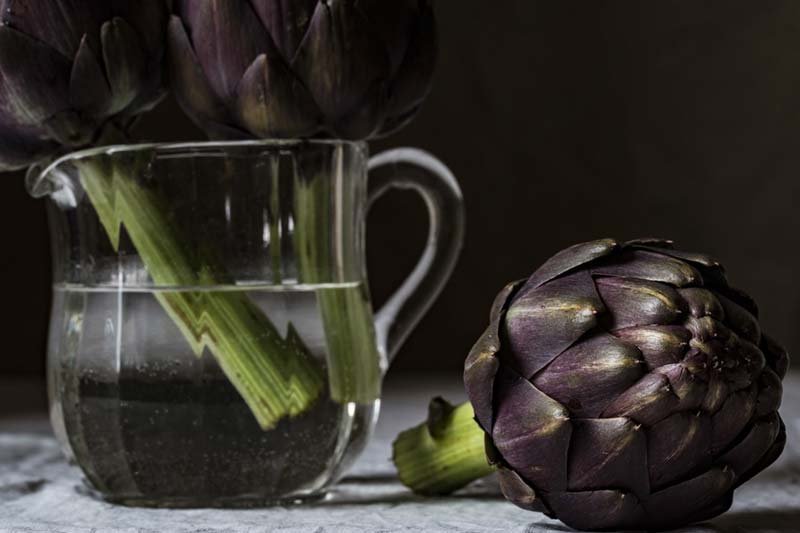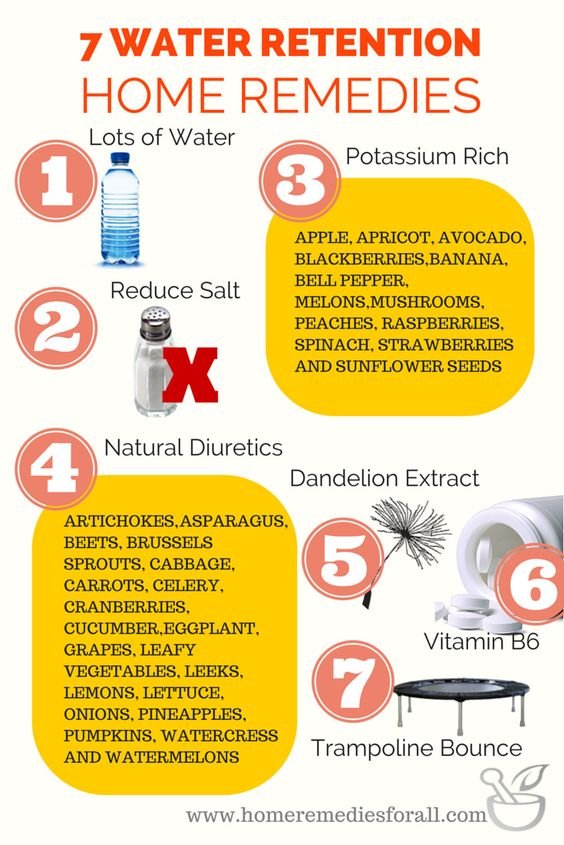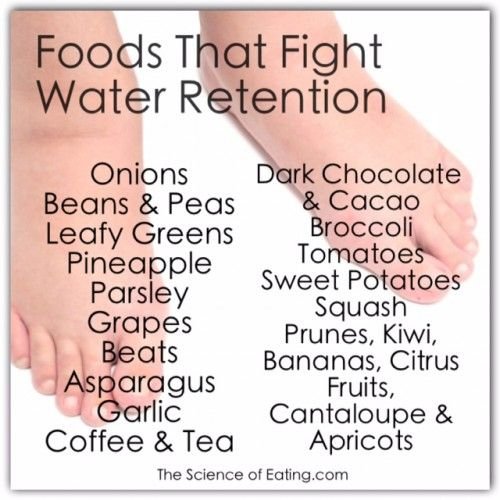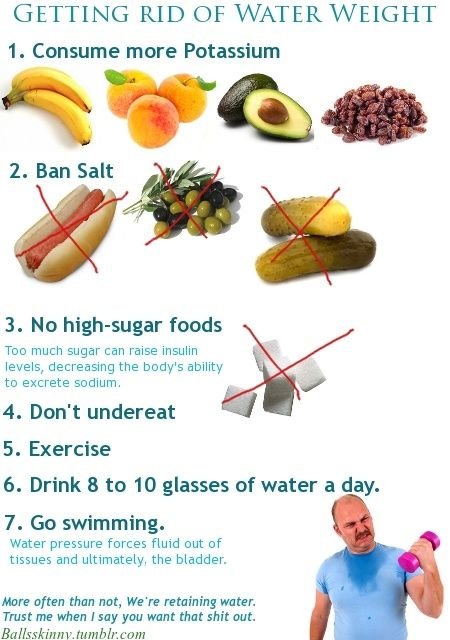What is Water Retention and How to Prevent It : According to Science 2.0, our bodies are capable of retaining up to 5 pounds of water a day, depending on your dietary habits and the amount of water you consume.
Have you ever noticed any excess skin around your belly? That’s it. Even if you’re an active athlete, you might be suffering from fluid retention; especially body builders are prone to accumulating a thick layer of skin around their core, that is, those who didn’t have perfectly lean bodies before they started pumping their muscles.
Water retention can be difficult to recognize, and even when diagnosed, many are unsure of how to treat it. For this reason, we’ve decided to clearly define the problem, list the symptoms and the causes of fluid retention, as well as the steps on how to treat it, or prevent from happening in the first place.
Defining water retention
Up to 60% of adult human body consists of water which exists both inside and outside our body’s cells. Water, or fluid retention, refers to an excessive fluid buildup in our circulatory system, cavities or body tissue. If you notice swelling in your fingers, ankles, hands, feet or face, if the outfits you’ve been wearing on a regular basis become tight and you notice you’ve gained a few pounds in a day, it might be attributed to this health issue. Additionally, many women tend to complain about the pain in swollen areas of their bodies, especially their feet and ankles.
Causes of fluid retention
As already mentioned, our bodies are prone to storing between 2 to 5 pounds of water a day, depending on the amount of water we drink, food we take and the amount of daily workout. Contrary to a common misconception – the more water you consume, the less it gets retained. Namely, our bodies assume that the reason behind low fluid intake is that there aren’t abundances of it in your surroundings.
Taking meals consisting of fatty products and sodium-rich foods are also common causes of water retention. Also, note that our bodies require a certain level of proteins for effective water balance. Due to a severe protein deficiency, it is difficult for water to get from tissue spaces into the capillaries. That is why starving yourself will always result in an enlarged abdomen.
Furthermore, women might notice some extra weight during their periods. Although there have been no exhaustive studies that would link fluid retention to PMS, scientist attempted to prove that hormonal changes affect increased water retention which occurs several days prior to the menstrual period.

How to prevent water retention
Rule #1:
Drink more water. As stated above, the less fluids you drink, the more will store in your body. Moreover, water compliments your skin, hair, internal organs, and your overall health.
Rule #2:
Include more physical activity into your daily routine. Regular workout routine will stimulate the lymphatic system to fulfill its main function of regulating the return of the fluids back to the bloodstream. If you’ve been physically inactive, not just for days or months, but even hours (if you work in an office, for instance), you increase the risk of fluid retention. When forced to sit long hours, get up from your seat every chance you get; even minor physical activity like rotating your ankles or wiggling your toes can reduce water retention.

Rule #3:
Eat more fiber. It is known to cleanse kidneys, urinary and intestinal tract. Most common mistake gym-goers make is that they focus entirely on their protein intake, excluding carbs completely from their nutritional plan. While this does help you lose fat, including vegetables which are rich in fibers into your diet will aid in getting rid of unhealthy sodium that is stored in our bodies.
Rule #4:
Include supplements and other cleansing products into your diet. Aside from providing your body with enough caffeine to stay energized, diuretics like black coffee and tea are known for promoting sodium cleansing. In addition to these natural solutions, there are a number of cleansing and digestive care products which proved to be extremely effective for fighting water retention and bloating. For instance, Renew Life supplements can provide relief of occasional constipation, promote digestion, or provide friendly bacteria to the intestinal tract or colon, ultimately reducing inflammation.
Rule #5:
Dial it down with the salt. You don’t really need more than 2500mg of sodium a day, and once you take your salt intake below this number, the amounts of retained fluid will dwindle. Best salt replacements represent black pepper, garlic, ginger and chives, so you really have no excuse for intoxicating your kidneys with excessive sodium intake.
The bottom line
Fluid retention can have great effect on your weight, as well as your overall health. In addition to more physical activity, simple dietary changes may help reduce water retention; less salt, cutting back on processed food, and including foods that are rich in vitamin B, magnesium and potassium is recommended. If the issue persists or causes any more serious health issues, you are advised to see a doctor.
Related Videos:
HOW TO GET RID OF WATER RETENTION / BLOATING/ TOXINS: Fitness Hacks!
https://www.youtube.com/watch?v=_H5z6DKNEdA?autoplay=1&rel=0
10 Home Remedies For Water Retention
https://www.youtube.com/watch?v=sWRKePmqnSk?autoplay=1&rel=0
How to reduce water retention with this natural diuretic.
https://www.youtube.com/watch?v=nW9IkI0wAG4?autoplay=1&rel=0
Water Retention – Home Remedies
https://www.youtube.com/watch?v=G86oFTwWqbM?autoplay=1&rel=0
Water Retention! What Causes It? How To Get Rid Of Or Prevent It? + Carrots
https://www.youtube.com/watch?v=2rUqph3HugA?autoplay=1&rel=0
What is Water Retention?
https://www.youtube.com/watch?v=dvkk8PGCrRo?autoplay=1&rel=0
Related Infographics:









